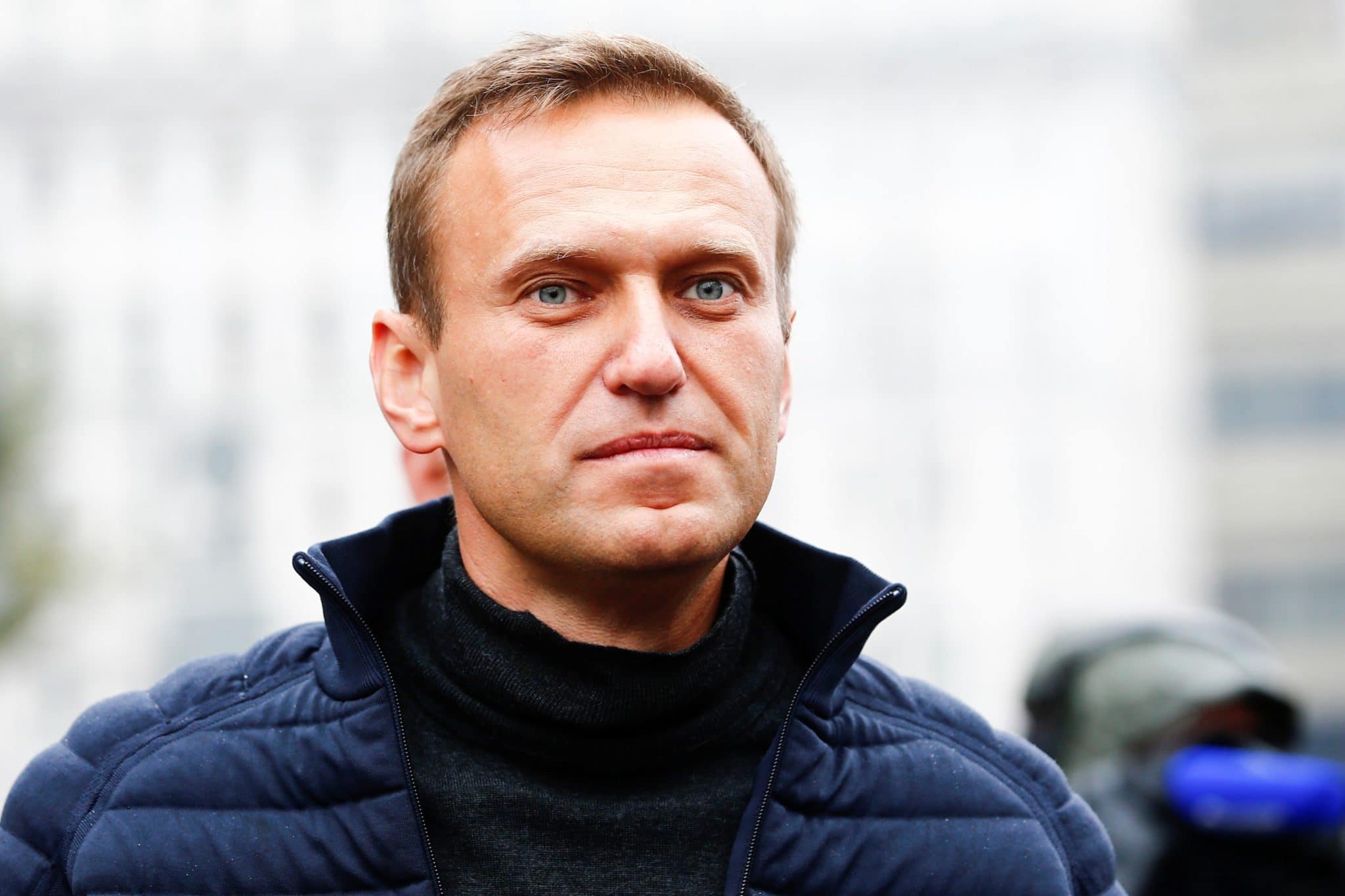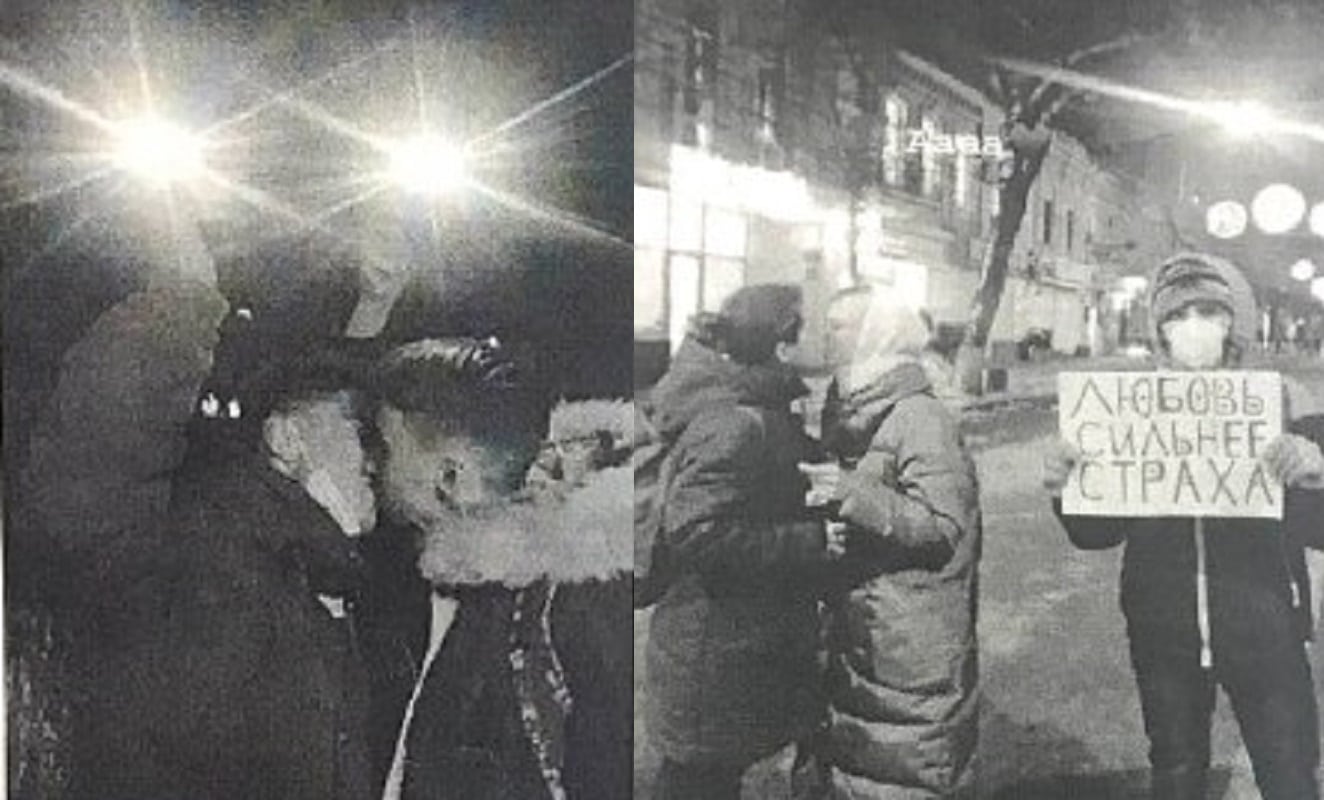Russian police charged an activist who protested in support of jailed anti-corruption campaigner Alexei Navalny with breaching the country’s ‘gay propaganda’ law
Russian police have charged an activist who protested in support of jailed anti-corruption campaigner Alexei Navalny with breaching the country’s ‘gay propaganda’ law on Valentine’s Day.
Over the past month, thousands across Russia have attended demonstrations in support of Navalny, the de facto leader of opposition to Vladimir Putin who was recently jailed for three years after surviving an assassination attempt.
Hundreds of people have been arrested or faced police harassment in connection with the protests. One of those facing action is Anastasia Panchenko, a Navalny campaign coordinator in Krasnodar.
According to a Novaya Gazeta report, Panchenko is charged with violating the country’s ban on ‘gay propaganda’ by posting two photos to her Instagram Story of same-sex couples kissing at a protest on 14 February.
Alexei Navalny supporter could face hefty fine under ‘gay propaganda’ law
The protest on Valentine’s Day saw thousands show their support for Navalny, with demonstrations going ahead under the banner “love is stronger than fear”.
Officials claimed that the images constitute a breach of Russia’s ban on “promoting non-traditional sexual relations among minors” because there is no age restriction on Panchenko’s Instagram page.
If convicted, Panchenko could face a fine of 100,000 rubles (£960) over the misdemeanour, her lawyer Mikhail Benyash said.
Benyash said he plans on challenging the charges and is seeking a detailed examination of the case, adding: ” I think it will be a lot of fun in court.”

During his 2018 presidential campaign, Navalny said he would repeal the gay propaganda law. He was ultimately barred from running in the election due to a controversial corruption charge which international courts have ruled illegitimate.
Human rights court has called for Alexei Navalny to be released
Navalny, who was poisoned in a suspected botched assassination attempt in August 2020, was jailed last month for breaching the terms of his probation by leaving Russia for medical treatment.
He was later sentenced to two and half years in a corrective labour colony, with the court rejecting his bid to appeal the decision.
On 16 February, the European Court of Human Rights ruled that Navalny should be released, but Russia has refused to comply.
Russia’s justice minister Konstantin Chuychenko branded the human rights court’s interventions “a flagrant intervention in operation of the judicial system of a sovereign state,” after the seven judges called for his release “with immediate effect”.
